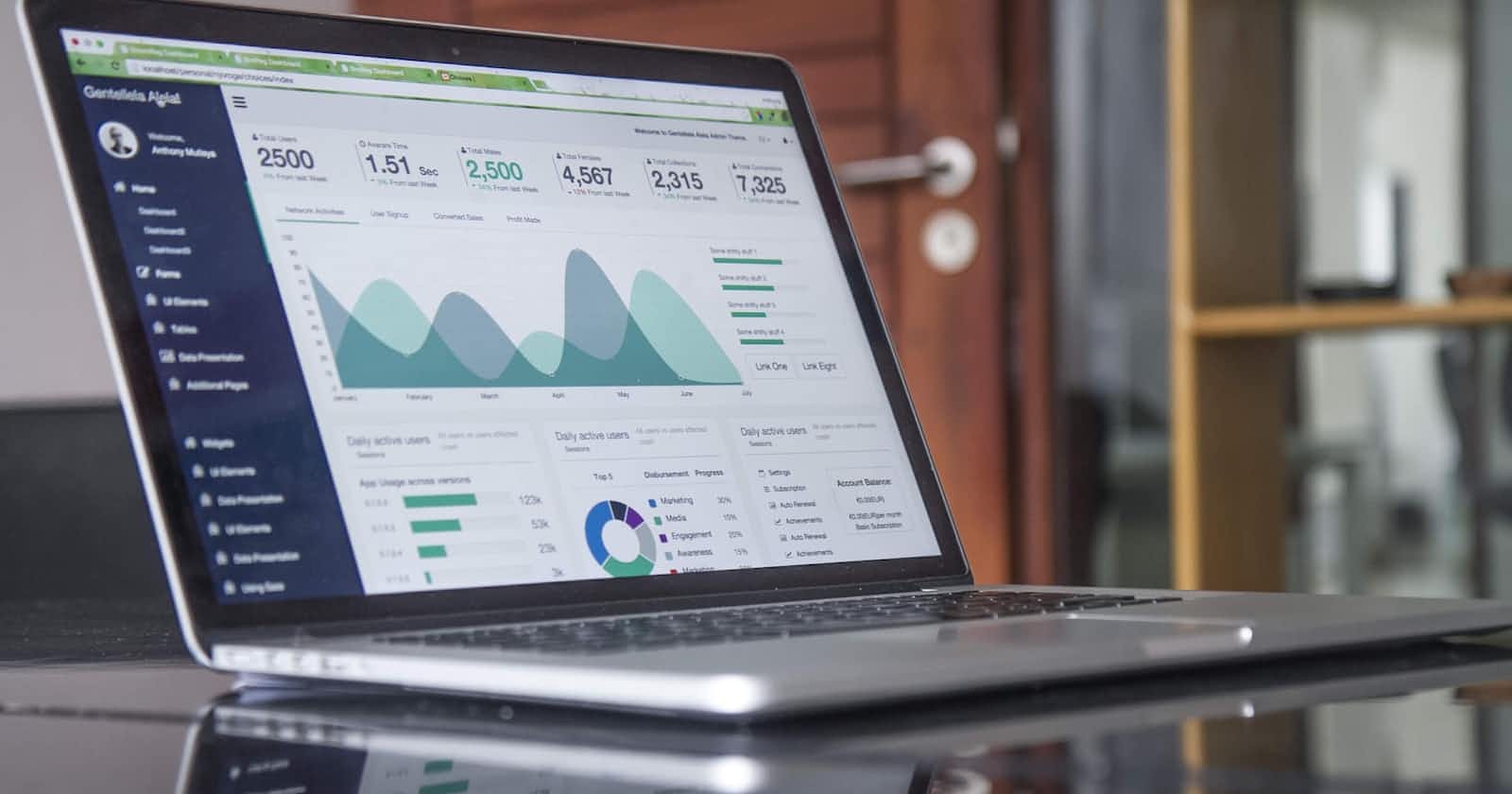
Different approach & objectives to close your career goal in Data Science & Data Analytics
Choose your career path with data
Table of contents
The terms data science and data analytics are often used interchangeably, however they refer to two distinct fields with varying approaches & objectives. In this blog post will examine the distinctions between “Data Science” and “Data Analytics” in order to help you determine which field is most suited to your professional goal.
Data Science:
Data science is the field that use Statistical and Machine Learning(ML) algorithm to extract insights and information from extensive and complicated data sets. Data scientists utilise technologies like Python, R, and SQL to clean, analyse, and understand unstructured and structured data from a range of sources.
Typically, data scientists participate in the entirety of the data analysis process, from data collection and processing through the development of prediction models and visualisations. In addition, they collaborate extensively with stakeholders to understand their business requirements and build solutions to meet those requirements.
Data Analytics:
Data analytics, on the other hand, is a more specialised subject that focuses on making sense of data using descriptive statistics and visualisation tools. Data analysts analyse and present structured data sets, such as customer data, sales data, and financial data, using tools such as Excel, Tableau, and SQL.
Data analysts are responsible for recognising trends and patterns in the data, and they use this information to assist stakeholders in making business decisions. They also collaborate with data engineers and data scientists to assure the data's accuracy and utility.
Key Differences:
The primary difference between data science and data analytics is their respective job scopes. Data science is a broader discipline that includes data analytics in addition to machine learning, deep learning, and artificial intelligence. On other hand data analytics is a more specialised field that focuses on analysing and displaying data to extract insights.
A fundamental difference between data science and data analytics is the required level of technical knowledge. Data science demands an in-depth understanding of statistics, computer science, and machine learning, as well as Python and R. Data analytics is more accessible to persons with a background in business, finance, or economics, despite requiring technical expertise.
Key Features | Data Science | Data Analytics |
Data Type | Data Science mostly deals with unstructured data. | Data Analytics deals with structured data. |
Coding Knowledge | Python, R, along with collective knowledge of SQL | Basic knowledge of Python & R language is required. |
Business Goal | Data science is concerned with research and innovation. | Data Analysis makes use of available dataset to analyse & visualize the trend on data |
Statistical knowledge | The statistical skills are important in the field of Data Science | Data analytics has minimum use of statistical skills. |
Machine Learning | Data Science makes use of machine learning algorithms to get insights. | Data Analytics doesn’t makes use of machine learning. |
Data type | Data Science mostly deals with unstructured data. | Data Analytics deals with structured data. |
Which field fits you best?
If you enjoy working with vast and unstructured data sets and have a strong background in statistics and computer science, data science may be your calling. Alternatively, if you prefer working with structured data sets and utilising data visualisation tools, data analytics may be a better fit.
The choice between data science and data analytics ultimately depends on your own interests and professional objectives. Both disciplines offer potential for growth and progress. One may develop a great career in either profession with the proper skills and experience.
